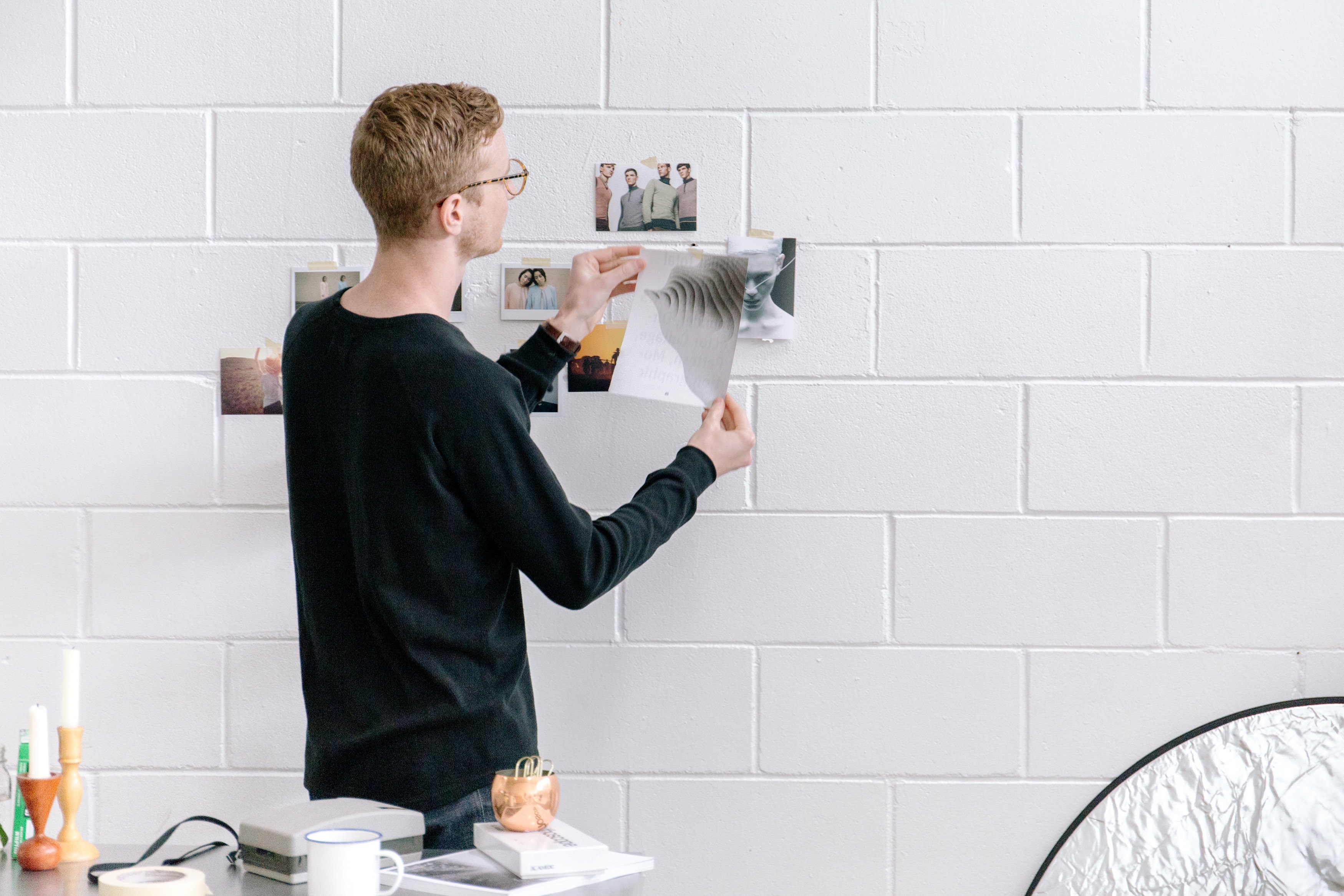BBC factual exec Beejal Patel has called on producers to “empower” young freelancers to trust their instincts on duty of care issues.
Speaking on a panel at the Edinburgh TV Festival, Patel said duty of care is “not a one-size-fits-all model – and nor should it be.”
Describing duty of care to contributors as “a feeling, an instinct, a niggle”, Patel said it was important for junior crew to be aware that they are not rocking the boat in raising their concerns.
Patel, a commissioning executive on shows such as BBC1’s Ambulance, called for “a real cultural change with our young freelance teams, of really empowering not just the execs, the SPs and the directors, [but the] junior people on teams who are going to be the directors, producers and execs of the future, to make judgement calls.
“We need to foster that, as commissioners, as producers, across the board – that you’re allowed to listen to that.”
She praised Ambulance producer Dragonfly for the support they give crews on challenging shoots with paramedic teams, holding them up as an example for the industry to build on in offering duty of care to production teams.
“They’re not of course saving lives like the paramedics but they are going on the same shift and the same huge journey. They don’t know what they’re walking into.
“You can have psych support but if no-ones using it, it’s pointless. We need to create that change where people think its ok. Dragonfly has really successfully done that - we need to make sure the rest of the industry feels the same way.”
Meanwhile, clinical psychologist Howard Fine, a psychologist who has consulted on Ambulance and other shows, warned of the need to vet experts in the field of mental health before employing them.
“The term ‘media psychologist’ is being thrown around a lot - you think you’ve got it covered when you’ve got them,” he said.
“But anyone can call themselves a psychologist, so check on someone’s accreditation and training [beyond dealing with] generic anxiety and depression. Can they manage in the moment?”
The panel also raised the issue of streaming creating a more permanent record of a contributor’s involvement in a show, creating potential problems for them long after the crew has left the show and the initial wave of social media responses has subsided.
This is the case, they suggested, even for ‘influencers’ and those in the public eye as they are no longer in control of their own narrative when involved with a TV show.
“It’s about managing expectations,” said Fine. “’You are out there now infinitum – are you really sure you want to do this? Give them an opportunity to future-gaze. You can’t get it 100% right but you can slow down and put the brakes on to ask, ‘is this safe for you?’”
Patel praised the BBC3 social media team for their support on make-up competition show Glow Up, with additional bespoke material typically deployed online.
“BBC3 social are amazing because they have conversations with them - so much so that now Glow Up is on Netflix, those contributors are reaching out again to the social team due to those existing relationships they have.”

